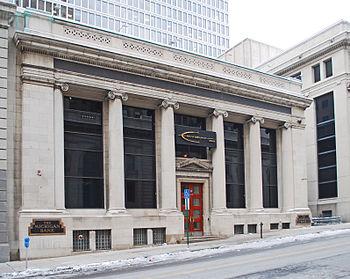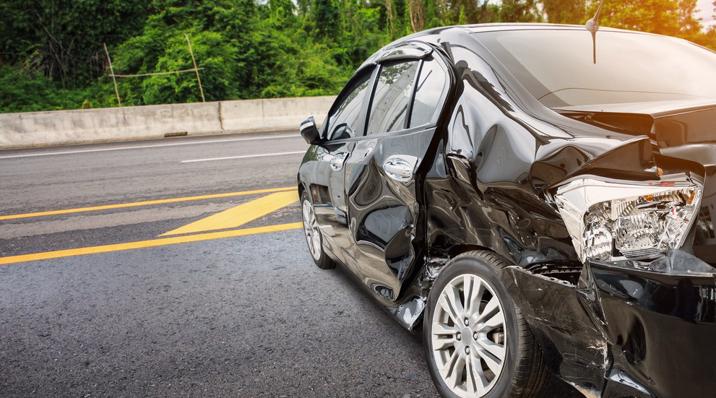
It happens everyday. An employee rides to a meeting across town with a co-worker or co-workers agree to drive to the airport together. What doesn’t happen everyday is that the co-worker, driver causes an accident and the employee, passenger is injured in the collision. If the two people were not working the passenger could recover his/her damages, including pain and suffering, from the driver’s insurance company. Because the parties were working, however, the scenario changes and it does not benefit the injured employee. This article discusses what, if any, compensation you can receive in this scenario.
O.C.G.A. 34-9-11 provides that when a person is injured while working for his employer the Georgia Workers Compensation system is the sole, exclusive remedy that the employee has against the employer for compensation. This does not prevent, however, an injured person filing a claim against another person who might have caused the injury. For example if you are driving a car for your work and you are hit by a car driven by someone else. In that case you have both a workers compensation claim and a claim against against the other driver.
If, however, you are injured by a co-worker you are barred by the exclusive remedy provisions in the Workers Compensation statutes. In the case of Ridley v. Monroe, the Georgia Court of Appeals stated:
“Georgia’s exclusive remedy rule provides, in part, that when an injury is sustained during the course of employment as a result of the negligence of a co-worker, the employee‘s sole remedy is against the employer pursuant to the Georgia Workers‘ Compensation.”
To me, this rule seems unfair because it precludes additional recovery for pain and suffering from the insurance company of the party who caused the injuries and really does not affect the workers compensation insurance carrier at all. I cannot think of a good reason to preclude the injured person from recovering as much as needed to compensate them especially if the workers compensation claim is questioned as it was in this case. The good news is that there were some Judges on the Court of Appeals who did not agree with this decision and maybe next time there will be a better outcome.





